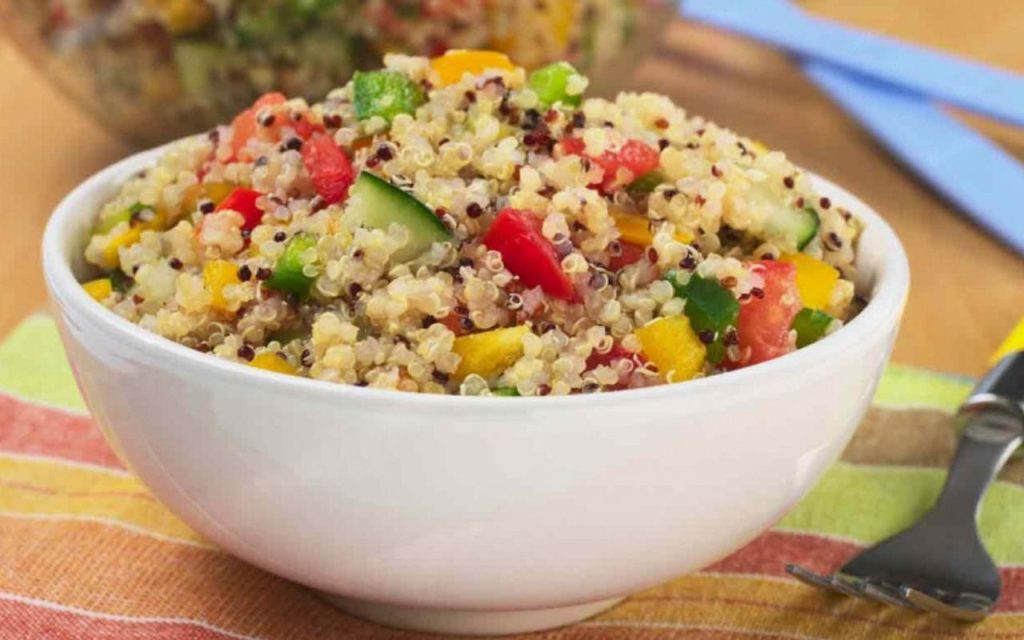3 Receitas Saudáveis para o Verão

O verão é uma época em que muitas pessoas desejam se sentir bem, aproveitar o sol e manter uma alimentação saudável. Com o aumento das temperaturas, é crucial manter-se hidratado e nutrido com alimentos que ajudem a refrescar o corpo. Para ajudar você a se preparar para os dias ensolarados, apresentamos três receitas saudáveis e […]
O que preparar para as crianças comerem no carro durante a viagem

Se você está se preparando para uma viagem de carro com crianças, sabe que a logística pode ser desafiadora, especialmente quando se trata de planejar refeições. Manter os pequenos alimentados e felizes durante o trajeto pode parecer uma tarefa assustadora, mas com um pouco de planejamento e criatividade, é possível tornar a experiência muito mais […]
Sugestões de brincadeiras na cozinha para crianças

Brincar na cozinha pode ser uma atividade incrivelmente divertida e educativa para as crianças. Além de estimular a criatividade e a coordenação motora, as brincadeiras na cozinha também proporcionam uma excelente oportunidade para ensinar os pequenos sobre alimentos saudáveis e hábitos de higiene. Neste artigo, apresentaremos diversas sugestões de atividades que envolvem a participação das […]
Hambúrguer Turbinado: Uma Delícia de Receita para Surpreender Seus Convidados

Quando se trata de uma experiência gastronômica inesquecível, poucas coisas superam um hambúrguer deliciosamente preparado. E se você está procurando uma maneira de elevar o seu hambúrguer comum para um nível extraordinário, então você veio ao lugar certo! Apresentamos a você a receita do Hambúrguer Turbinado, uma criação que vai encantar seu paladar e impressionar […]
Restaurantes Baratos de Campos do Jordão: Descubra os 7 Melhores

Quer desfrutar de uma experiência gastronômica memorável em Campos do Jordão sem gastar uma fortuna? Você veio ao lugar certo! Neste guia abrangente, apresentaremos uma seleção dos melhores restaurantes baratos em Campos do Jordão, onde você pode saborear pratos deliciosos a preços acessíveis. A Diversidade Culinária de Campos do Jordão Campos do Jordão é conhecida […]